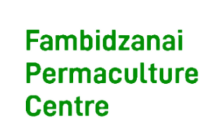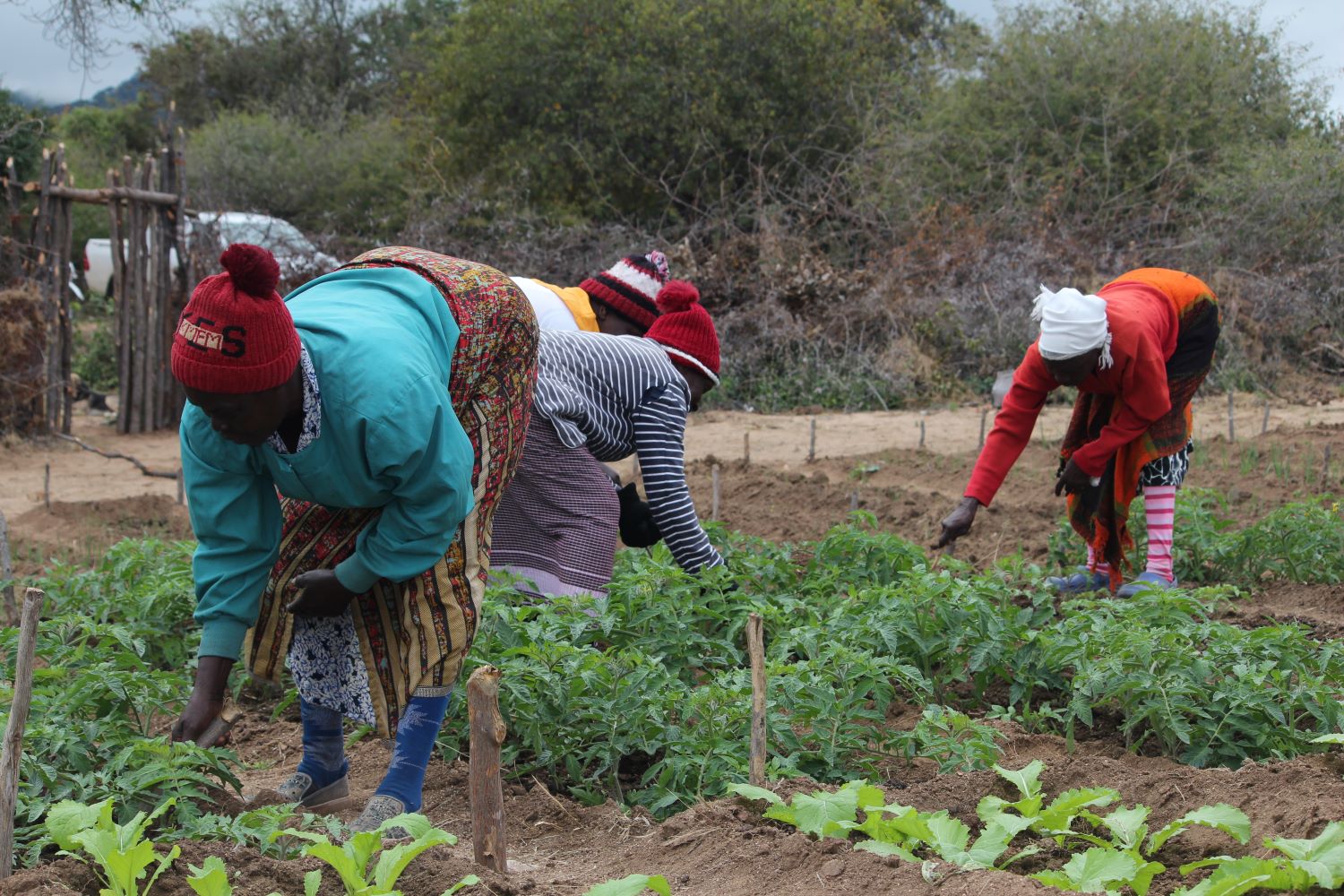SUMMARY
Project Goal
The overall goal of the FOCAL project was to create a prosperous, self- reliant communities that are food and income secure as well as living in a healthy and sustainable environment.
Objectives
The Specific objectives of the project were: –
- To facilitate the establishment and functioning of a farmer-managed organic production system by 300 farmer households in Shamva district.
- To generate income through facilitating market linkages for 300 organic farmers in Shamva as well as promoting informed decision making in crop and livestock production.
- To enhance district level responsiveness to climate and disaster risk mitigation by Shamva district stakeholders.
The outcomes of the FOCAL project as stated below were: –
- Improved income security through market oriented organic horticulture production.
- Food and income security through small livestock and organic conservation farming.
- Improved disaster and climate change response mechanisms among district stakeholders.
The project directly reached more than 300 beneficiaries.
Nutrition Garden Projects
6 organic nutrition gardens were established in the 5 wards. Each garden had a membership of between 20-35 members, who were largely women (76%).
4 solar powered boreholes were installed at 4 of the six gardens. 2 other gardens were sustained by perennial wells.
Garden associations guided by a constitution were formed. 4 garden associations managed to harvest and sell their produce to local fruit and vegetable markets. Crops that were sold included onions, covo, rape, lettuce, and tomato.
Indigenous chicken projects
A total of 4 051 chickens were recorded from the indigenous chicken projects that the farmers were doing. Each farmer had an average of 35-43 mature chickens.
A total of 3 553 chicks were recorded at the end of the project.
2 500kg of sunflower for chicken fed were harvested. 600kgs of cowpeas (nyemba) and 250kg of maize were also harvested. The crops were mixed to make feed for the chickens. The feed was enough to feed the chickens until the next season.
Climate Change Awareness
A Climate Change Steering Committee was established at district level. The committee included members of the government, private organisations, and ordinary citizens.
Beneficiaries managed to receive training on:
Climate crisis, integrated pest and disease management, organic soil fertility management, water conservation including rainwater harvesting, personal hygiene etc.
Social Impact
School enrolment increased due to an increase in several parents and guardians who were able to send children to school using dividends from the gardens.
The increase in income generation paved way for an improved lifestyle, better standards of living and increased access to healthy organic food.
Income Generation
At the end of the project, there was a significant increase in the amount of income generated per household. On average, each household was able to generate US$100-US$250 per month.


